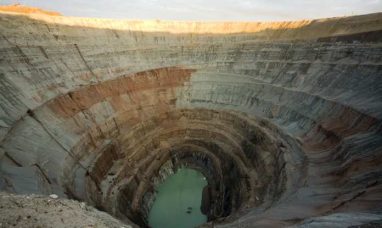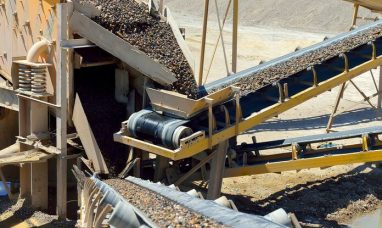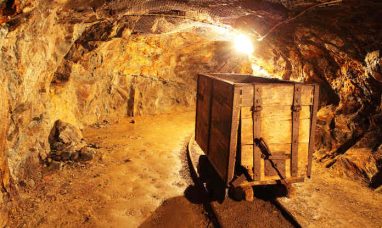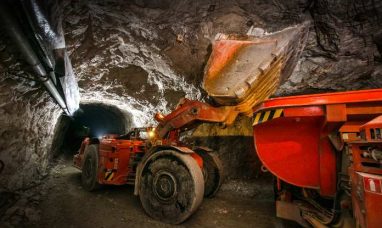The Indigenous communities have expressed grave concerns regarding Seabridge Gold’s KSM project, which they claim proceeded without adequate consultation. This project, poised to be one of the world’s largest gold and copper mines, has sparked significant controversy. The primary contention is that the Indigenous nations, whose lands are impacted by the project, were neither informed nor consulted in the manner that respects their rights and traditions.
Seabridge Gold (NYSE:SA) has maintained that they have met all regulatory requirements, including those pertaining to environmental assessments and community engagement. However, the Indigenous groups argue that these consultations lacked depth and sincerity, failing to address the profound impact on their land, culture, and environment. The project, located in British Columbia, Canada, is situated on lands traditionally owned by the Tsetsaut/Skii km Lax Ha and other Indigenous nations.
The project has been in development for several years, with Seabridge Gold working through the processes necessary to obtain the required permits. Despite the company’s assurances, the Indigenous communities feel that their voices have been marginalized. This sentiment is echoed in their calls for a more comprehensive dialogue that genuinely considers their perspectives and the potential environmental repercussions.
The KSM project is valued for its potential to extract significant quantities of gold and copper, which are critical to various industries worldwide. Yet, this potential economic boon is shadowed by the environmental risks associated with mining operations of this scale. Indigenous leaders have raised alarms about the potential for water contamination and the disruption of local ecosystems, which are crucial to their traditional way of life.
The controversy highlights a broader conflict between economic development and Indigenous rights. As nations strive to exploit natural resources for economic gain, they often clash with Indigenous groups who prioritize environmental stewardship and cultural preservation. This clash emphasizes the need for a more balanced approach that integrates economic interests with respect for Indigenous rights and environmental sustainability.
In recent years, there has been increasing pressure on corporations and governments to engage in meaningful consultation with Indigenous peoples. Legal frameworks in Canada require that Indigenous nations are consulted and accommodated, yet what constitutes meaningful consultation remains a topic of debate. The KSM project serves as a critical case study in examining how these consultations are conducted and whether they meet the expectations and rights of Indigenous communities.
The outcome of this dispute could set a precedent for how future resource projects are negotiated in Canada and beyond. It underscores the importance of respecting Indigenous sovereignty and the need for policies that reflect a genuine partnership with Indigenous peoples. As the world grapples with the dual challenges of economic development and environmental conservation, the voices of Indigenous communities provide essential insights into sustainable practices that benefit all stakeholders.
Footnotes:
- The Indigenous nations have expressed concerns over the lack of consultation regarding Seabridge’s project. Source.
Featured Image: DepositPhotos @ gwhitton










